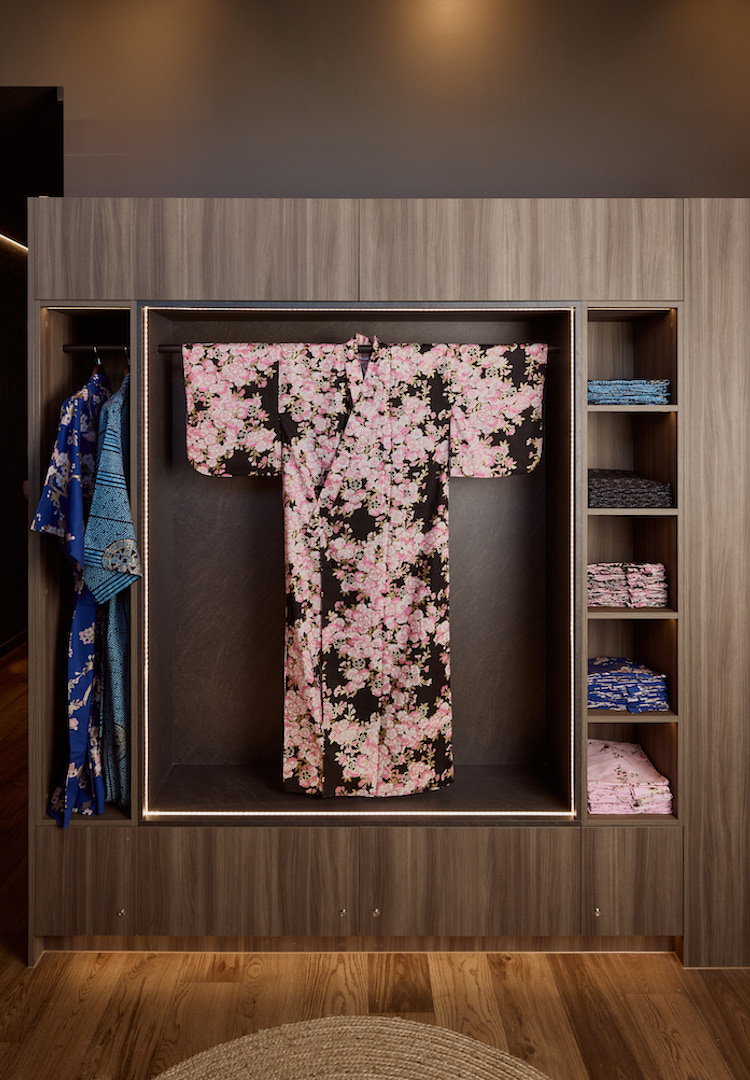Does the ‘lucky girl syndrome’ TikTok trend really work? I asked a psychologist
Words by Genevieve Phelan
Powerful wishful thinking or downright delusion?
If you’re a TikTok girlie in your 20s, it’s likely the ‘lucky girl syndrome’ trend has proliferated your FYP in recent months, piggybacking off our collective (and inevitable) New Year’s resolutions mentality. In layman’s terms, the lucky girl trend is a message of mantra-led manifestation, suggesting that if you tell yourself every day “I am so lucky; everything always works out for me”, you’ll attract amazingness.
TikTok specialist and consultant Caitlin Emiko explained the virality of the trend to me. She put it down to the trend being “a further development of manifestation, which is huge on TikTok”. She continued, “#manifestation is looking to exceed 28 billion views on the platform, while #luckygirlsyndrome has a whopping 199M views… the development of the trend gains traction through users sharing real-life experiences or success stories and claiming that it was because of their mindset or lucky girl syndrome.”
Looking for more stories on navigating the modern world? Head on over to our Life section.
At first, I loved the idea of the lucky girl monologue. I saw it as one of the best TikTok trends we’ve had yet, supporting women to practice positive affirmations, back themselves and calmly accept the small, quotidian mishaps that happen in life. And despite the extended chant being way too long to remember, I just told myself “everything is going to go my way today”.
Strangely, it felt very weird, deluded and entitled to say out loud. I realised I prefer starting my day by saying “today is going to be a great day”, or telling someone I love “have a great day today”. Willing yourself into success, happiness and love is simply not enough. Action, decisions and hard work are the essential ingredients for results in life.
Indeed, a good attitude and a healthy mind are factors that support our progress, but ‘luck’ is wan and unpredictable. I don’t think we can self-talk into success. The reason my thoughts on the trend shifted so dramatically was down to a very smart conversation with psychologist and Headspace App’s Mental Health Expert, Carly Dober. I’ve documented it below for you to perhaps reframe your views on positive mantras, and the role they can (or can’t) play in propelling your luck.
Do you believe in the law of attraction? We hear this term bandied about all the time but what is it, exactly?
The law of attraction is a philosophy suggesting that positive thoughts bring positive results into a person’s life, while negative thoughts bring negative outcomes. It is based on the belief that thoughts are a form of energy and that positive energy attracts success in all areas of life, including health, finances, and relationships.
… So positive thoughts manifest positive experiences and vice versa. I personally do not believe in this message, as it completely discounts reality and falsely amplifies our locus of control. Having said that, I do try to notice when my thinking becomes very negative… or in some way unhelpful.
Do you think this trend is beneficial, or is it a mode of self-delusion?
I think it is always helpful for young women to start talking to themselves in a kinder and more compassionate manner, and to start believing in themselves. I think this trend can be potentially harmful and get in the way of people working towards achieving their goals, which can have many negative impacts in the long run. In your early 20s, you’re still developing key skills [like] conflict resolution, building healthy lifelong habits… and maybe working or studying. All of these life areas require effort and work from us to maintain a healthy equilibrium.
This trend has strong ties to manifestation. How do you think it can be a positive influence on our lives, and how do you think it can hinder us?
Thinking this way has many potential psychological risks. It is the optimistic viewpoint that drives proactive behaviours which, in turn, brings optimists great results in their lives. Optimists don’t receive their benefits from their attitudes alone – it’s the behaviour… that creates real change. In order for beliefs to affect behaviour, it is important to implement and practice skills such as:
- Goal setting.
- Mindfulness helps gets you into the practice of not getting hooked by your thoughts. This can be self-guided or lead if you are just beginning to use… apps such as Headspace.
- Knowing and mapping your potential challenges, and brainstorming how you may manage them.
- Knowing and mapping the supports that will get you where you want to be.
- There is also the very real concern that people may start to blame themselves for negative events outside their control, such as accidents and injuries, job loss, or major illnesses. There are many things in life outside of our control, and for us to believe we have the power to control everything if we just think positively enough… is a slippery slope.
Is there any scientific evidence as to the benefits of telling yourself each morning: “I am so lucky, everything goes right for me”?
Psychologists do recommend positive affirmations… and there is significant evidence to support this being a healthy practice for many people. There is ample evidence to show decreasing health-deteriorating stress can lead people to increase their physical behaviour… positive affirmations require regular practice if you want to make lasting, long-term changes to the ways that you think and feel.
While we encourage positive thinking, we [also] actively encourage people to take it a step further and ensure it is realistic and balanced. I would not recommend for a client to say “I am so lucky, everything goes right for me”… what happens to your worldview and sense of self on the day or week when you are unlucky, and everything seems to be going wrong?
Any final comments on the psychology (or lack thereof) behind this trend?
I would encourage balanced and kind thoughts to yourself, plus tangible effort. While there is nothing wrong with having fun with new trends… it is always helpful to consider how truthful the message is behind these trends. Talking to ourselves with compassion also includes being realistic.
Many of the people behind this trend may come from already substantial financial resources, are already very aesthetically good-looking, and might have [made] connections to help them get what it was they were trying to get ‘lucky’ with. There are many helpful ways to build this critical analysis skill… and useful content such as Headspace’s Mindful Tech meditation can support this skill.
For more on the ‘lucky girl syndrome’, head here.













